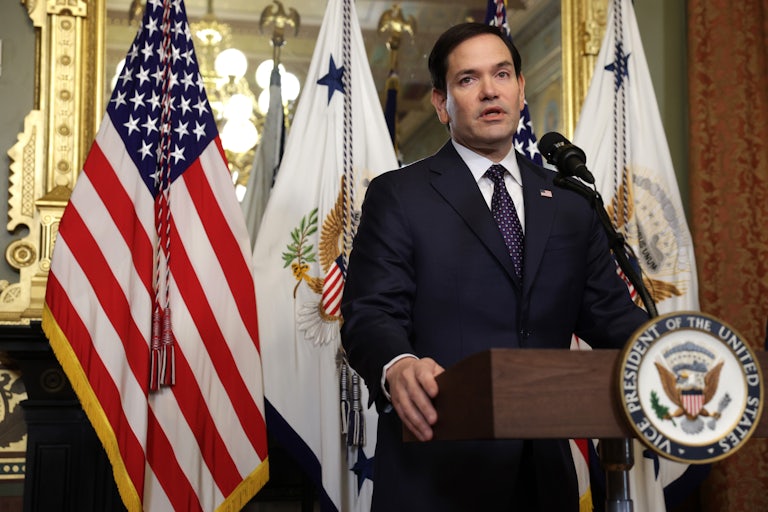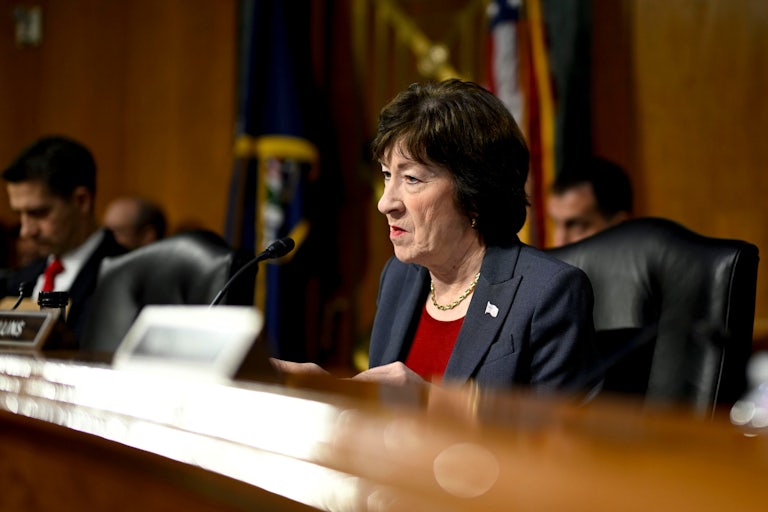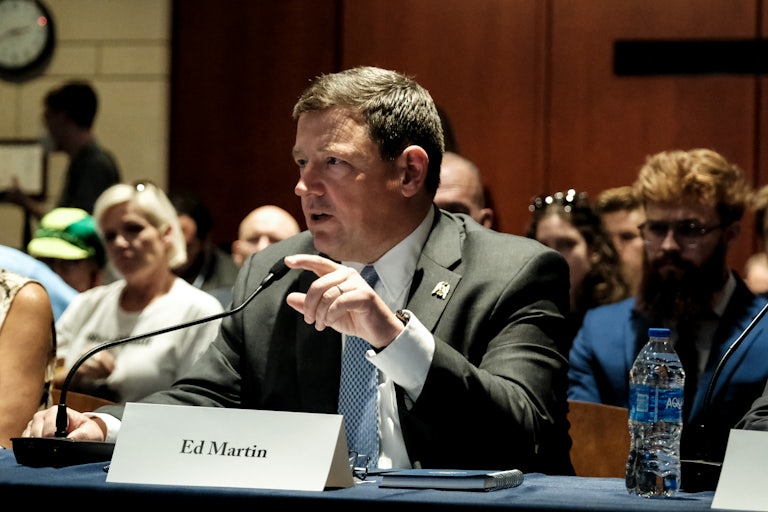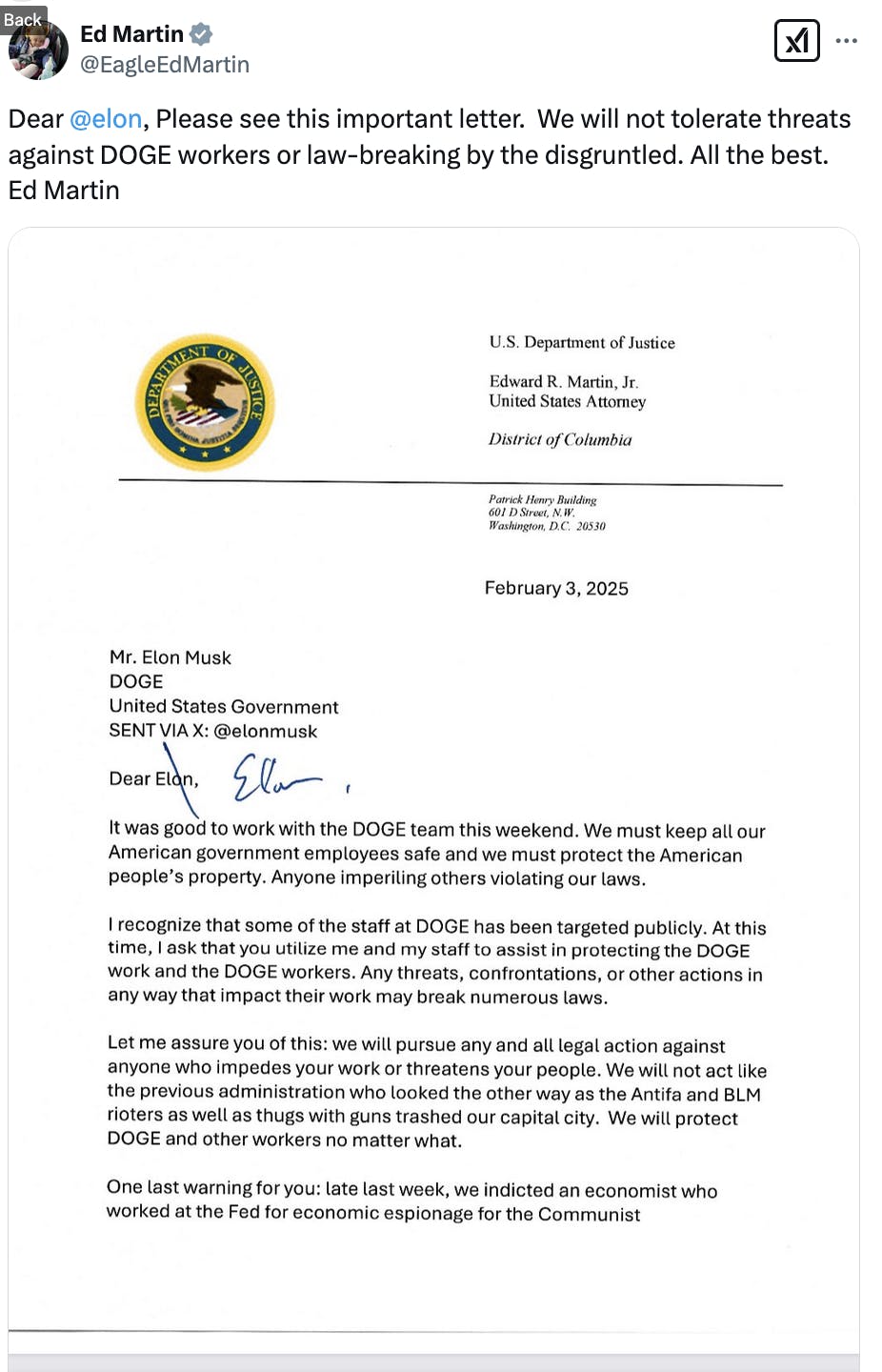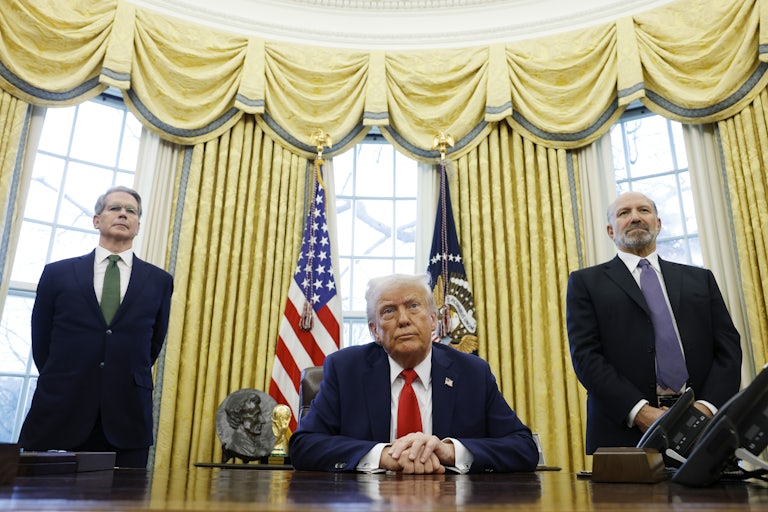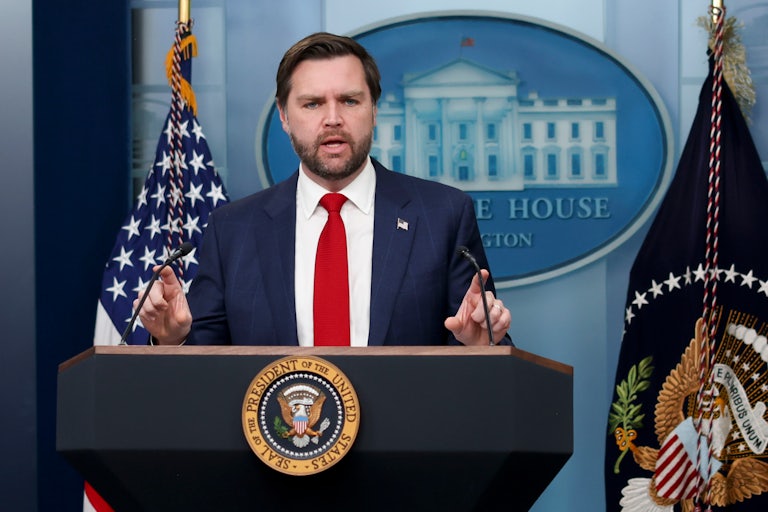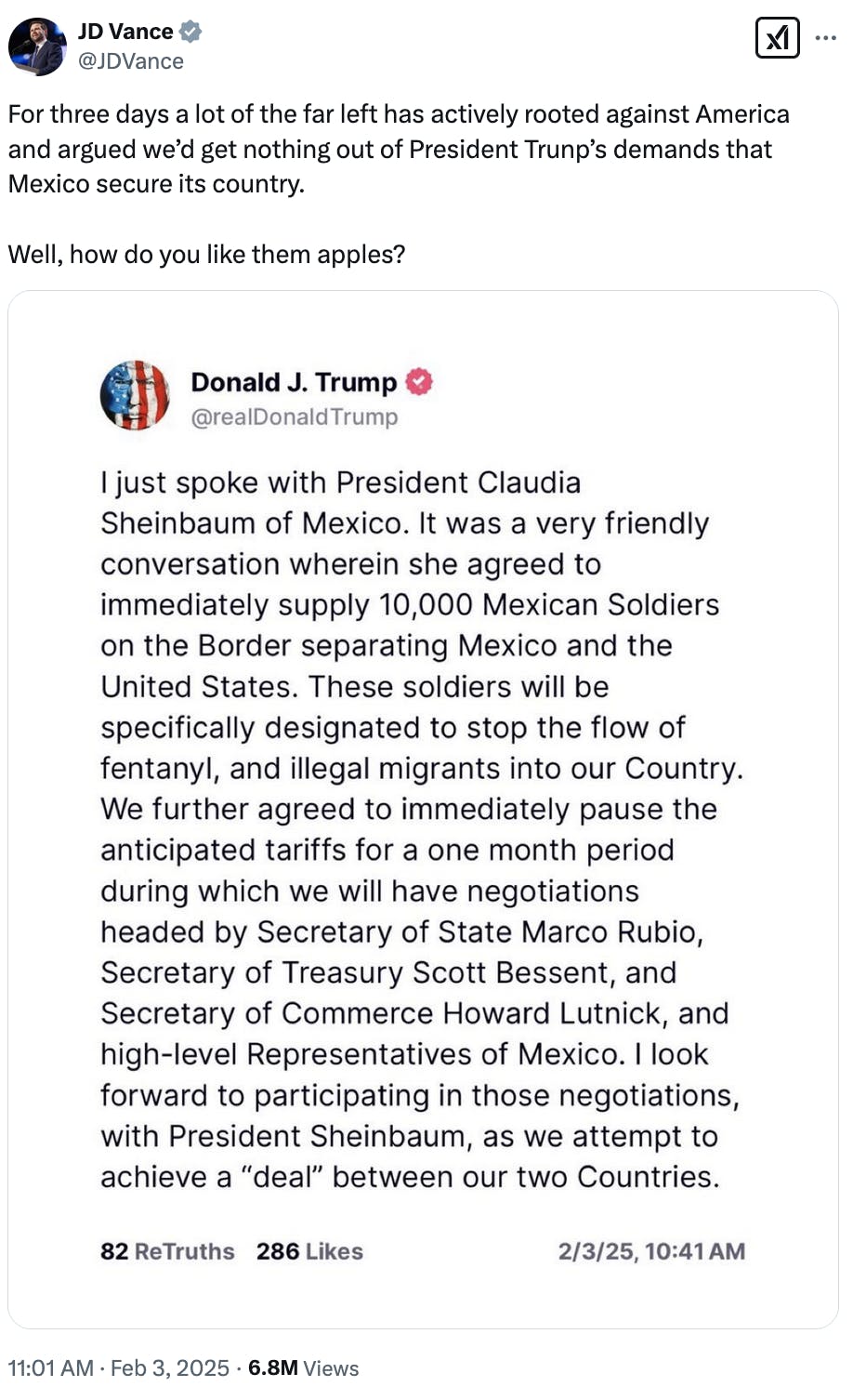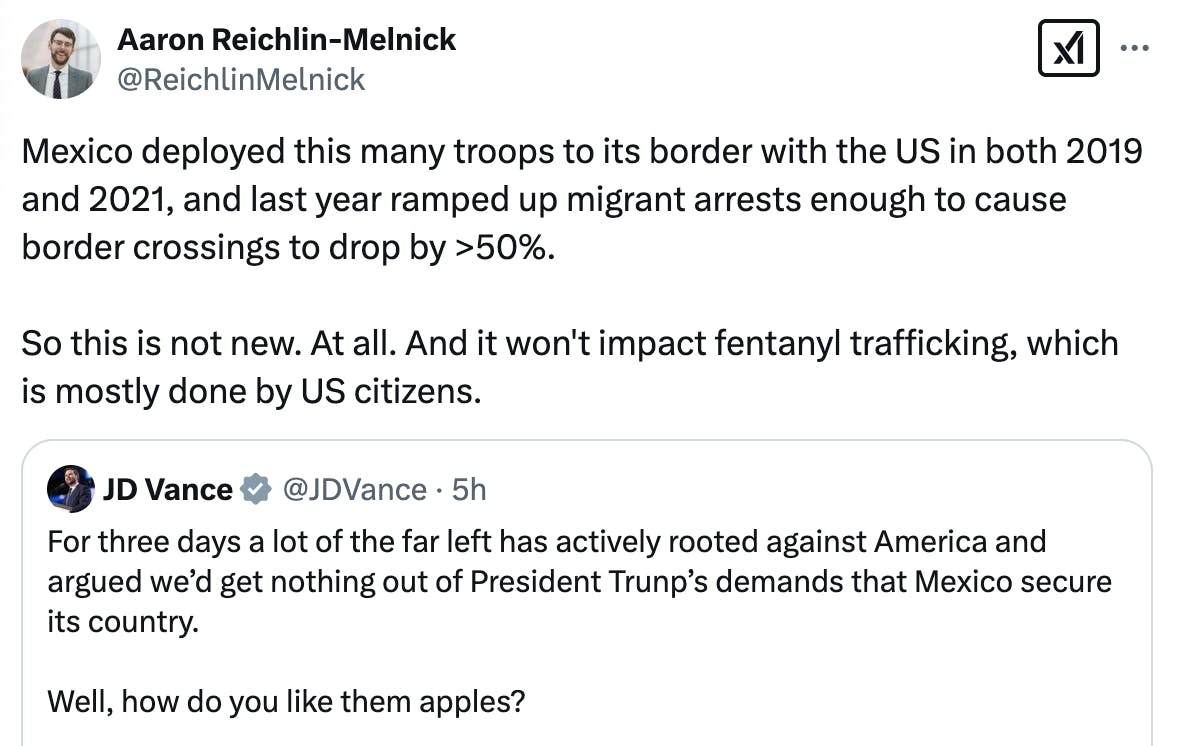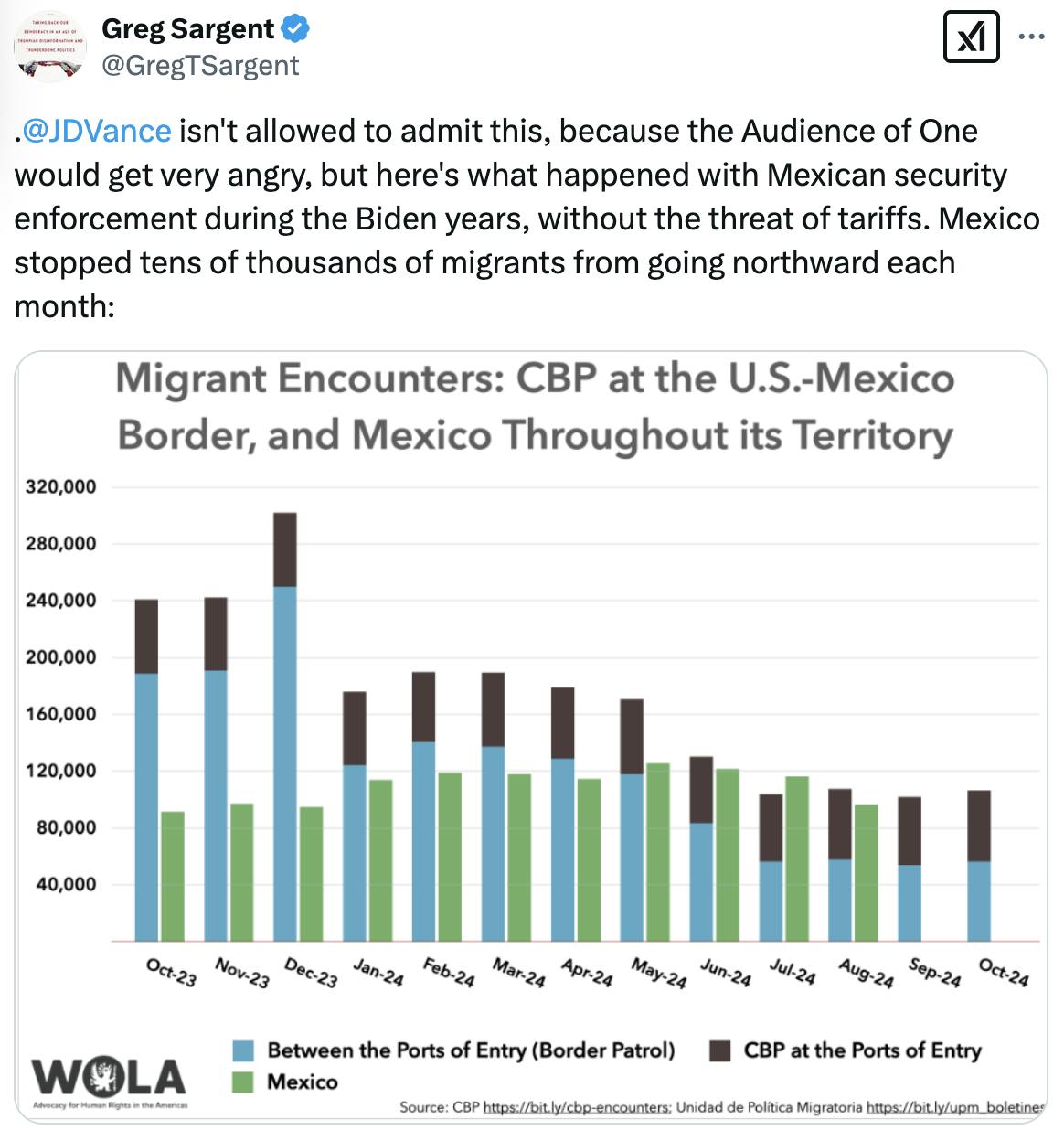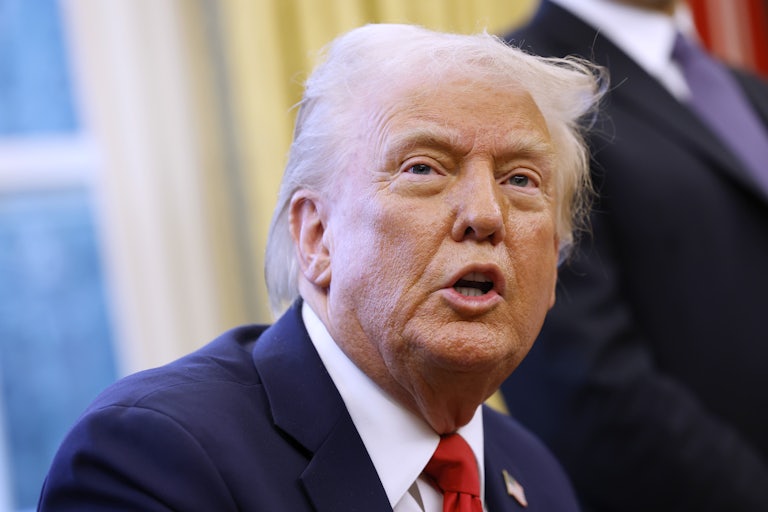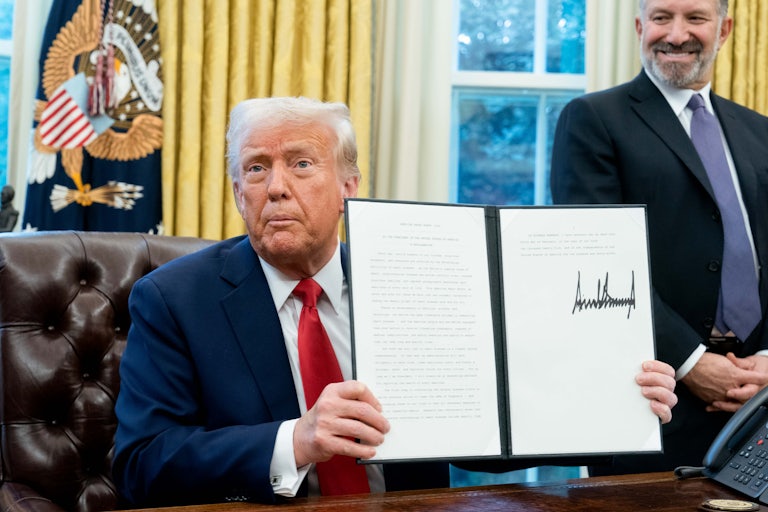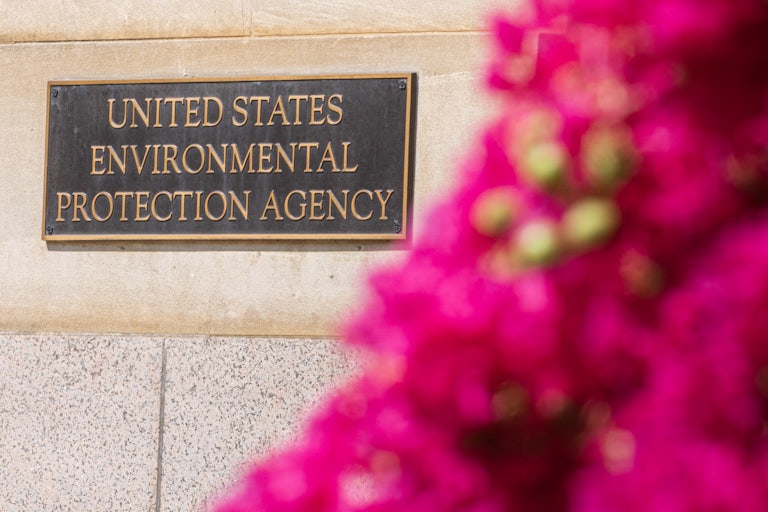Trump Trade War Begins as China Hits Back at Tariffs
Donald Trump’s dumb trade war has begun with at least one country.
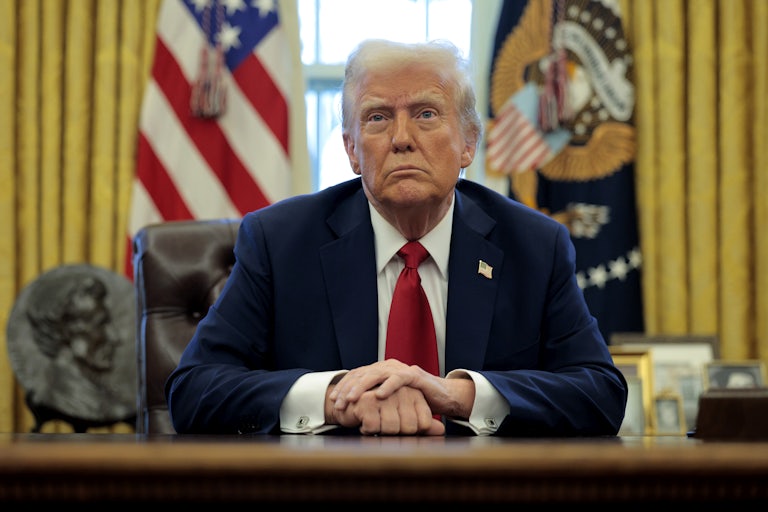
China has retaliated with tariffs of its own on American products after Donald Trump’s 10 percent tariffs against the country went into effect Tuesday.
China’s Ministry of Finance announced the same day that it would levy a 15 percent tax on certain types of coal and liquefied natural gas, as well as a 10 percent tariff on agricultural machinery, crude oil, large-displacement cars, and pickup trucks coming from the United States.
In addition, China’s customs administration and Ministry of Commerce announced new export controls on several metal products and related technologies. These include tungsten, used in industrial and defense projects, and tellurium, which is used to make solar cells. The ministry also added two American companies to its unreliable entities list: the biotechnology firm Illumina and clothing company PVH Group, which owns Calvin Klein and Tommy Hilfiger.
Also, China’s State Administration for Market Regulation said it had begun an investigation into Google for violating the country’s anti-monopoly laws. The search engine is not available in China and has minimal operations there.
While Trump’s tariffs target $450 billion worth of Chinese goods, China’s tariffs only target about $20 billion of American products, about 12 percent of the total imported from the U.S. to Beijing. Thus they appear to be more about sending a message to the U.S. and other countries. On Sunday, China pledged to take “corresponding countermeasures” by filing a complaint with the World Trade Organization and “resolutely defend its rights.”
On Monday, stocks took a slide as a result of Trump’s tariffs before Canada and Mexico secured one-month delays. The markets were volatile on Tuesday, although the full impact of China’s measures have yet to be felt. Trump said Monday that he would be speaking with Chinese Premier Xi Jinping soon and may either walk away claiming victory or vowing to take this trade war further.
